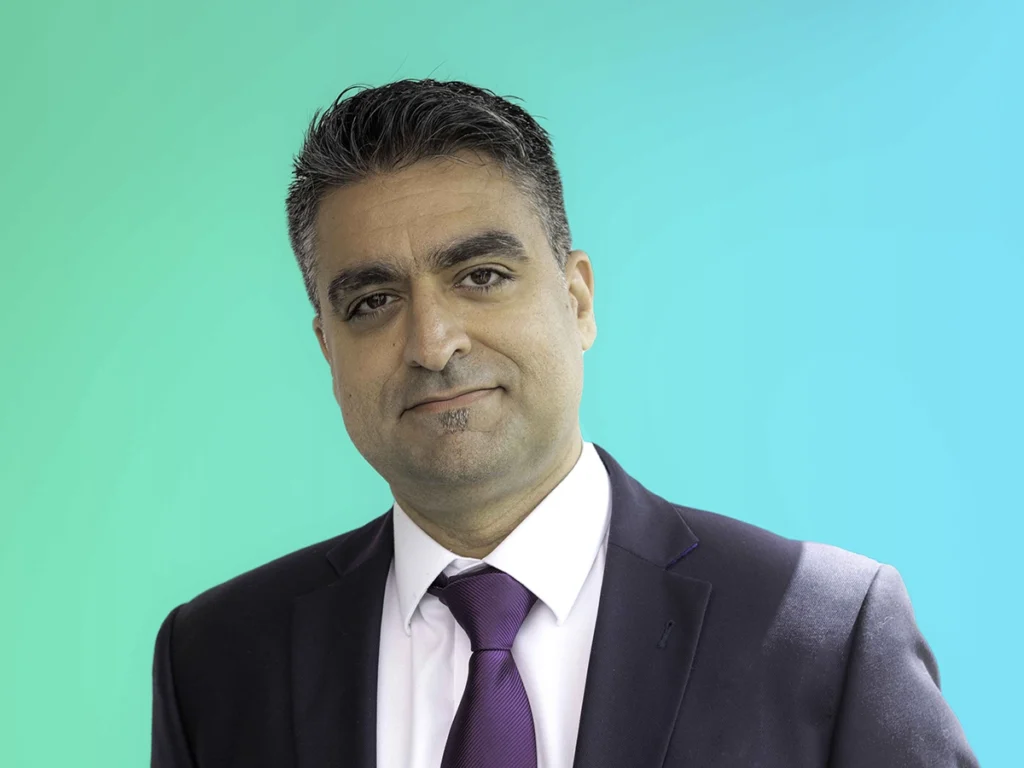Can you share a bit about your background and what led you to this role?
My career has been rooted in public and private sector energy innovation, helping clients access practical, future-ready low carbon heating solutions. In my early career I trained to understand building level energy efficiency and heat developing solutions for individual homes and then expanding this into area-based approaches and larger networks. This led me to roles in asset management and sustainability in the public sector and social housing, responsible for managing their asset bases. I managed projects including the upgrade a portfolio of 15,000 properties to the Decent Homes standard and improving the energy performance of commercial properties through solar panels, heat pumps, LED lighting and other innovations at the time. I also helped to kick off the development of a heat networks in London, which will soon be heating 10,000 homes and will connect to the energy generated by a nearby waste incinerator. I have also commissioned the installation of renewable heating systems to many hard-to-treat homes including a portfolio of high-rise developments utilising renewable energy beneath our feet. I’ve also worked in the third sector and for charity organisations focused on fuel poverty mitigation, financial inclusion and local social value initiatives. I was particularly drawn to Leep due to their customer focus and open approach to delivering value to clients.
What’s the most rewarding part of your job?
Being responsible for developing Leep’s heat function. I want to enable Leep to grow as a multi-utility, and it’s important that we create a sustainable business that runs in line with UK decarbonisation targets. I’m excited about establishing a heat network adoption programme. We already manage a large heat network at MediaCityUK in Salford and my priority will be to expand this network and decarbonise our existing generation assets to better serve our customers.
What challenges are you helping your customers resolve/tackle this year?
This year, we’re helping our customers navigate the growing regulatory landscape as heat becomes a more tightly regulated utility, on par with gas, electricity, and water. A major focus is ensuring they remain compliant with the evolving requirements through effective operation and maintenance of their heat networks.
We’re also supporting the increasing number of businesses making the transition to low-carbon heat by delivering structured heat adoption programmes, much like we do across our other utility services. Throughout all of this, maintaining high levels of customer satisfaction and demonstrating compliance performance will remain central to the way we operate.
What’s the best piece of advice you’ve received from a colleague?
This came from a colleague in marketing originally but it’s good all round business advice: Put your customers first – and always make sure you are adding value. It’s important that people can quickly and easily understand what your business does, and what you stand for.
If you could have dinner with any historical or industry leaders, who would it be?
I’d have dinner with Peter von Rittinger, the 19th-century Austrian engineer credited with inventing the heat pump. His work laid the groundwork for a technology that’s now central to the future of low-carbon heating. I’d love to share how far his idea has come, powering modern, efficient heat networks and helping cities meet their net zero goals. I think he’d be amazed by how relevant his innovation still is today.

